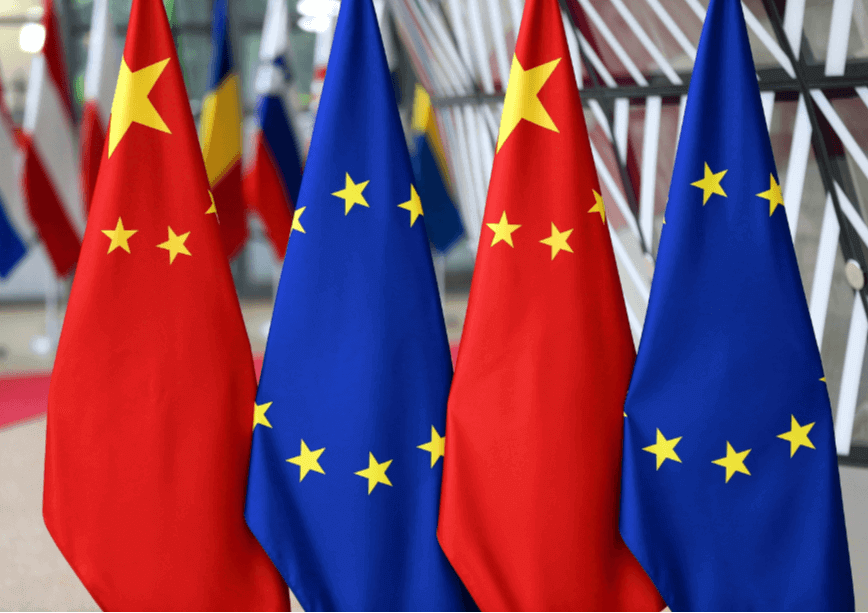According to the EU Chamber of Commerce in China, the percentage of European firms considering China as a primary investment destination has hit an all-time low.
In its latest Business Confidence Survey, the organisation cautioned that restoring trust in the world’s second-largest economy could take several years, noting that business prospects in China are currently at their gloomiest level in the survey’s two-decade history.
With China’s economy encountering challenges, and President Xi Jinping advocating for self-reliance and a production-focused development model despite resistance from the West, foreign companies are feeling increasingly unwelcome.
Findings
“Instead of benefitting from the strong economic rebound that many had expected, European firms operating in China found themselves facing more uncertainty. China’s structural issues—including sluggish demand, growing overcapacity and the continued challenges in the real estate sector—along with market access and regulatory barriers, continued to negatively impact European companies,” the report stated.
A significant 68% of respondents reported increased difficulty in conducting business; 58% of respondents cited market access and regulatory barriers as hindrances; and 55% identified China’s economic slowdown as a top challenge, marking a 19-percentage point increase year over year.
Key findings from the Business Confidence Survey 2024, conducted and released by The European Union Chamber of Commerce in China on Friday, with 529 members participating in the survey from mid-January 2024.
— Global Times (@globaltimesnews) May 10, 2024
-In 2023, 45% of EU companies based in China reported market opening,… pic.twitter.com/gRQYmhDlGk
Pessimism about profitability over the next two years also reached a record high at 44%, accompanied by a notable decline in positive growth prospects. Many of the strategies to adapt to the challenging environment further risk exacerbating the Asian giant’s economic woes.
Specifically, 52% of the respondents said they plan to cut costs, with 26% doing so by reducing the number of employees. Around 13% have already shifted or decided to shift existing investments out of China, while 21% have indicated they will be onshoring more of their supply chain.
Amidst these challenges, intentions for expanding operations in China have dwindled. Only 42% of respondents considered such expansion in 2024, marking the lowest level on record.
Comments from the EU
Jens Eskelund, president of the EU Chamber of Commerce in China, said that “there are worrying signs that some European companies are either siloing operations or scaling down their ambitions in China as the challenges they face start to outweigh the benefits of being here.” While Beijing is “frequently signalling its intent to improve the business environment, we now need to see concrete action to restore investor confidence,” Jens added.
Echoing these concerns, Denis Depoux, global managing director of Roland Berger, said that “European companies are confronted by growing uncertainties in China, in large part due to economic volatility and less predictable policy direction.” “While volatility can be managed, the lack of predictability may reduce the appeal of the Chinese market.”

